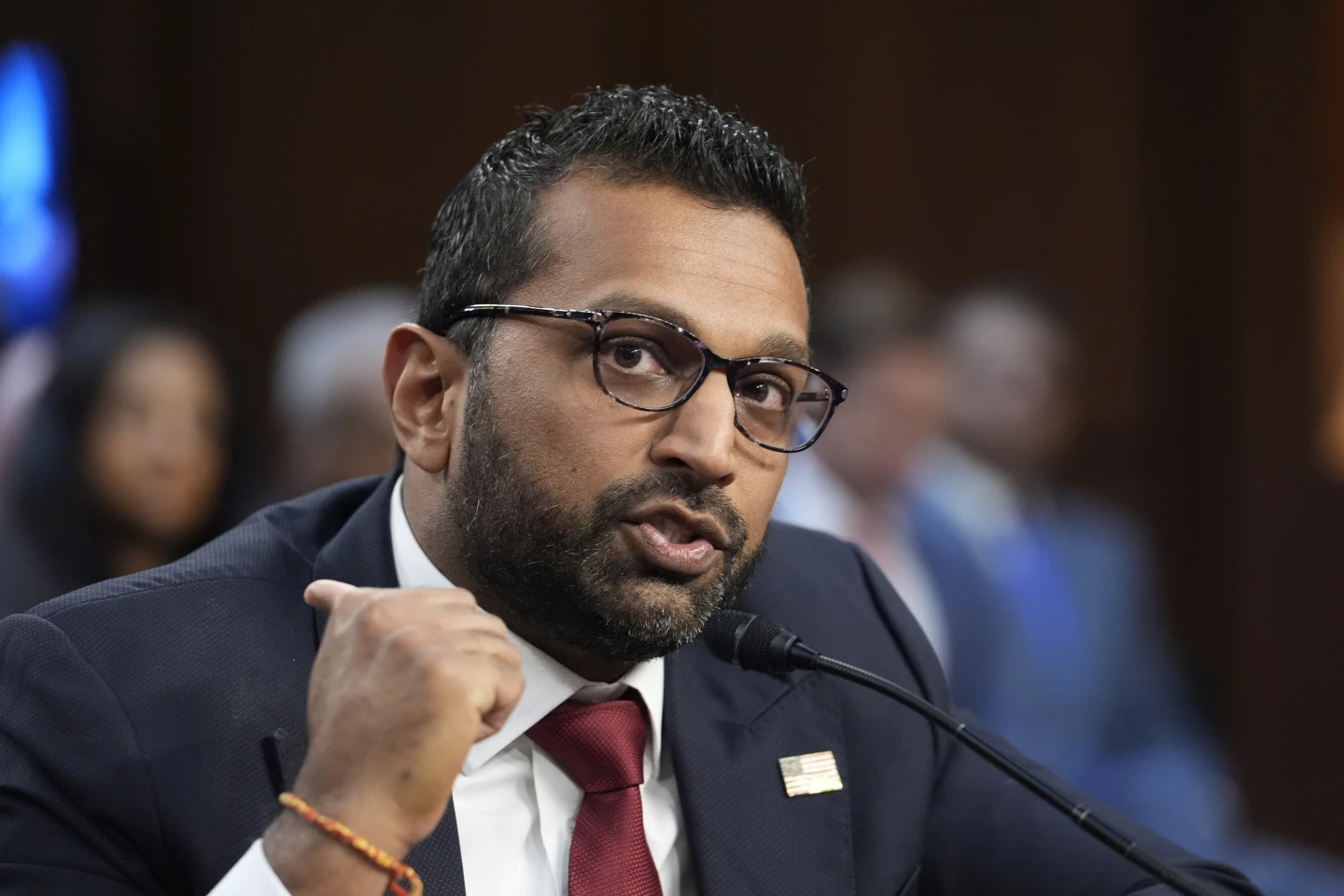The projections, based on exit polls and partial counting, put support for Merz’s Union bloc at just under 29% and Alternative for Germany, or AfD, about 20% — roughly double its result from 2021.
They put support for Scholz’s Social Democrats at just over 16%, far lower than in the last election and below their previous all-time low of 20.5% from 2017. The environmentalist Greens, their remaining partners in the outgoing government, were on 12-13%.
Out of three smaller parties, one — the hard-left Left Party — strengthened its position, winning up to 9% of the vote after a remarkable comeback during the campaign. Two other parties, the pro-business Free Democrats and the Sahra Wagenknecht Alliance, hovered around the threshold of the 5% support needed to win seats.
Whether Merz will have a majority to form a coalition with Scholz’s Social Democrats or need a second partner as well will depend on how many parties get into parliament. The conservative leader said that “the most important thing is to re-establish a viable government in Germany as quickly as possible.”
“I am aware of the responsibility,” Merz said. “I am also aware of the scale of the task that now lies ahead of us. I approach it with the utmost respect, and I know that it will not be easy.”
“The world out there isn’t waiting for us, and it isn’t waiting for long-drawn-out coalition talks and negotiations,” he told cheering supporters. “We must now become capable of acting quickly again.”
The Greens’ candidate for chancellor, Vice Chancellor Robert Habeck, said that Merz would do well to moderate his tone after a sometimes hard-fought election campaign.
“We have seen the center is weakened overall, and everyone should look at themselves and ask whether they didn’t contribute to that,” said Habeck. “Now he must see that he acts like a chancellor.”
The Greens were the party that suffered least from participating in Scholz’s unpopular government. The Social Democrats’ general secretary, Matthias Miersch, suggested that their defeat was no surprise — “this election wasn’t lost in the last eight weeks.”
AfD’s candidate for chancellor, Alice Weidel, said that “we have become the second-strongest force.” The party’s strongest previous showing was 12.6% in 2017, when it first entered the national parliament.
She said that her party is “open for coalition negotiations” with Merz’s party, and that “otherwise, no change of policy is possible in Germany.” But Merz has repeatedly and categorically ruled out working with AfD, as have other mainstream parties.
AfD co-leader Tino Chrupalla told cheering supporters that “we have achieved something historic today.”
“We have gained 100%,” he said. “We are now the political center and we have left the fringes behind us.”
Scholz decried AfD’s success. He said that “that must never be something that we will accept. I will not accept it and never will.”
The head of Germany’s main Jewish organization, Josef Schuster, told daily newspaper Die Welt: “It must concern us all that a fifth of German voters are giving their vote to a party that is at least partly right-wing extremist, that openly seeks linguistic and ideological links to right-wing radicalism and neo-Nazism, that plays on people’s fears and only offers them ostensible solutions.”
More than 59 million people in the nation of 84 million were eligible to elect the 630 members of the lower house of parliament, the Bundestag, who will take their seats under the glass dome of Berlin’s landmark Reichstag building.
___
Republished with permission of The Associated Press.

 Entertainment8 years ago
Entertainment8 years ago
 Entertainment8 years ago
Entertainment8 years ago
 Politics8 years ago
Politics8 years ago
 Tech8 years ago
Tech8 years ago
 Tech8 years ago
Tech8 years ago
 Tech8 years ago
Tech8 years ago
 Politics8 years ago
Politics8 years ago
 Tech8 years ago
Tech8 years ago









